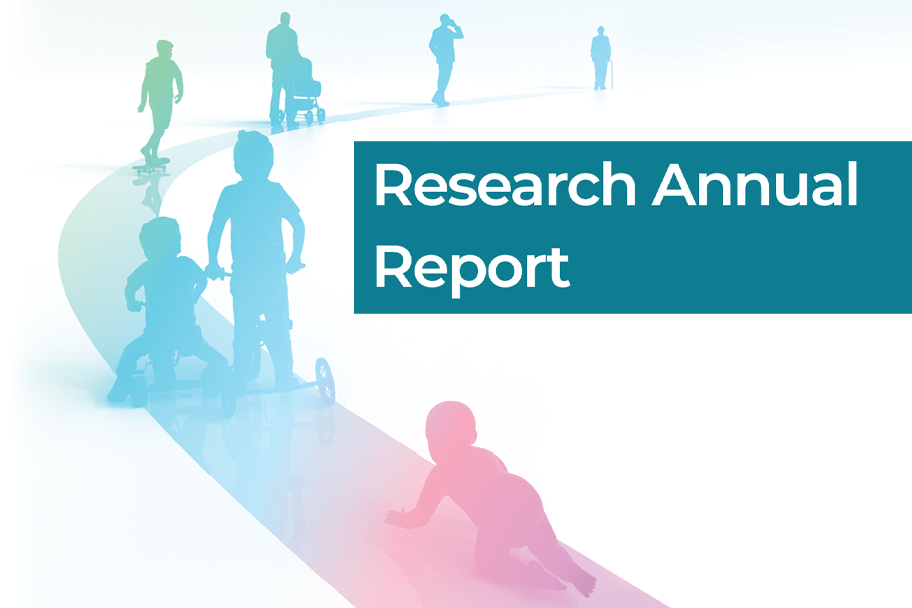Shaping the Future of Pediatric Cardiothoracic Surgery
Researchers in the Division of Cardiothoracic Surgery at Cincinnati Children’s are transforming pediatric cardiothoracic surgery through groundbreaking discoveries, novel techniques and the most advanced technology to enhance the lives of our youngest patients.
Cincinnati Children’s is a national leader in pediatric and congenital heart surgery and transplantation. As an integral part of the Heart Institute, we focus on unraveling the complexities of congenital heart disease. We prioritize improving patient outcomes during and after surgical procedures such as mechanical circulatory support placement, single ventricle palliation, and heart and lung transplantations.
Our diverse team of investigators consists of cardiologists, surgeons, surgical fellows, scientists and bioinformatics specialists. Through innovation and collaboration with various clinical divisions at Cincinnati Children’s—including Cardiology, Molecular Cardiovascular Biology, Pathology and Immunology—as well as our colleagues at the University of Cincinnati (UC) Medical Center and multiple device manufacturers, we are revolutionizing cardiothoracic surgical techniques with lower risks, faster recovery times and improved outcomes.
Our Research
Using a combination of cutting-edge basic science research and insightful clinical and translational studies, we’re able to quickly and efficiently bring our breakthrough findings from the lab to the clinic and operating room, where our surgical colleagues put them into practice.
We use basic science to increase our foundation of care and conduct pre-clinical modeling to determine new approaches to care. We study the latest surgical procedures and devices in the lab and lead institutional, multi-institutional and national translational patient studies to measure outcomes.
Our work with the Heart Institute BioRepository (HIBR)—part of Cincinnati Children’s Heart Institute Research Core (HIRC)—gives us unparalleled access to data from tens of thousands of diverse patients in all stages of life with the most complex heart conditions. This access provides invaluable insight used to advance our research across a range of topics—from the cardioprotective effects of controlled hypoxemia reperfusion to thymus replantation for restoring immune system function to a novel partial heart transplant solution for infants.






